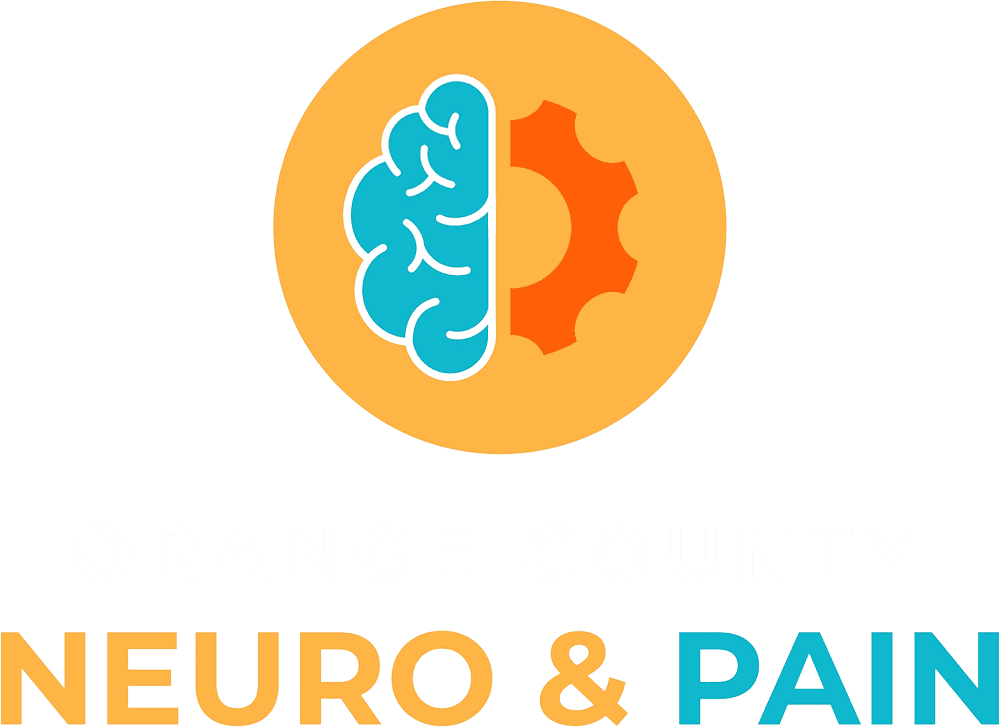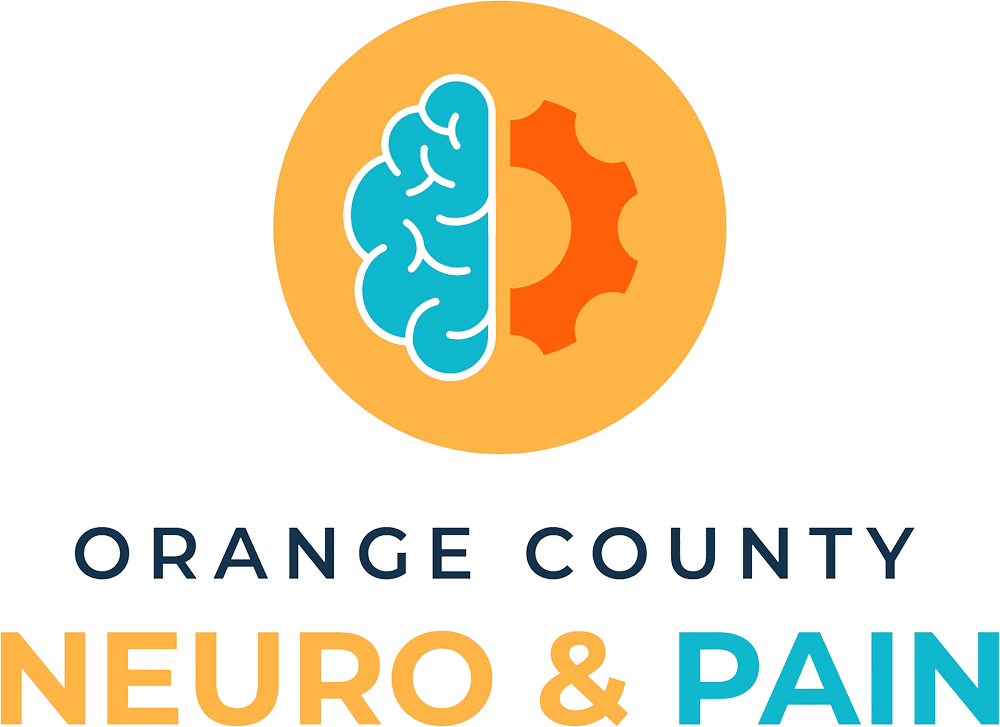

Ketamine infusions have emerged as a promising treatment option for people suffering from severe and treatment-resistant depression, anxiety, and other mental health conditions. The therapy involves intravenous administration of a low dose of the drug ketamine under medical supervision.
What is Ketamine?
Ketamine is a dissociative anesthetic that has been used for decades in medical settings, particularly for anesthesia and pain management. However, in recent years, studies have shown that ketamine has potential as a rapid-acting antidepressant, with effects that can be felt within hours or days of treatment.
Who Benefits From Ketamine Infusion Therapy?
Ketamine infusions can be an effective option for people who have not responded to other forms of treatment, such as medication and therapy. It can also be a useful treatment option for people who are experiencing suicidal thoughts or behaviors and need immediate relief from their symptoms. Ketamine infusion may also be used to help treat post-traumatic stress disorder (PTSD), chronic pain, anxiety disorders, bipolar disorder, and obsessive-compulsive disorder.

What to Expect During Ketamine Infusion Therapy
Ketamine infusions are typically administered in a clinic or hospital setting over a series of sessions, with each session lasting about 40 minutes. The number of sessions required varies depending on the individual’s needs, but most patients require at least six treatments. During the infusion, the patient is monitored closely for any side effects or adverse reactions.
How to Maximize The Effectiveness of Treatment
If you have decided to undergo ketamine infusion therapy to improve your mental well-being, there are a few things you can do to make the most of the treatment:
- Reduce stress levels. It’s best to avoid any stress-inducing activities such as reading or watching the news before the therapy. This will ensure that you are in a calm and positive state of mind.
- Curate a soothing playlist. Selecting the appropriate type of music can also aid in relaxation and create the right ambiance for the therapy session. Choose instrumental music to avoid getting distracted by the lyrics.
- Practice meditation. Consider meditating just before starting the ketamine infusion to help calm your racing thoughts.
- Incorporate therapy. If you are already undergoing therapy, discuss your expectations and process the experience with your therapist before and after the treatment.
Potential Risks And Side Effects
As with any medication or medical treatment, ketamine infusions do carry risks and potential side effects. Common side effects of ketamine can include nausea, dizziness, double vision, and confusion. In some cases, the drug can also cause hallucinations. Additionally, ketamine infusions can be expensive and may not be covered by insurance.
Despite these potential drawbacks, many people have found relief from their mental health symptoms through ketamine infusions. In fact, one study showed that 88% of participants given a ketamine infusion in the ER experienced relief from suicidal ideation in just 90 minutes.
Choosing Ketamine Infusions
Ketamine infusions are not a one-size-fits-all treatment. Dr. Alireza Bozorgi takes a multidisciplinary approach when treating patients, taking into account their specific symptoms and medical history. Contact his clinic today to schedule an appointment.















